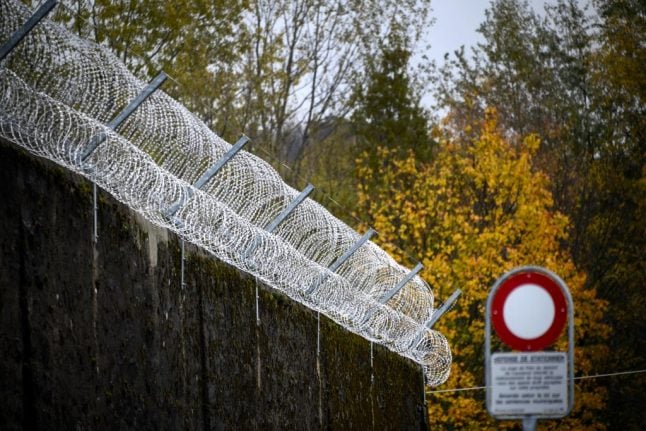The issue has come to the fore following a request made in 2018 by a convict behind bars for life, which exposed a legal vacuum in a country that has long been at the forefront of the global right-to-die debate.
Switzerland's cantons, which implement prison sentences, have agreed “on the principle that assisted suicide should be possible inside prisons,” the Conference of Cantonal Departments of Justice and Police said.
Conference director Roger Schneeberger told AFP that there were still differences between cantons on how assisted suicides could be carried out in prisons and a group of experts would issue recommendations by November.
Swiss law generally allows assisted suicide if the person commits the lethal act themselves — meaning doctors cannot administer deadly injections, for example — and the person consistently and independently articulates a wish to die.
Organisations that support assisted suicide also apply their own procedures, which are more robust than the legal requirements and sometimes require the person who is requesting it to have a serious illness.



 Please whitelist us to continue reading.
Please whitelist us to continue reading.
Member comments